The ninth planet. Does it exist in reality? It seems that no
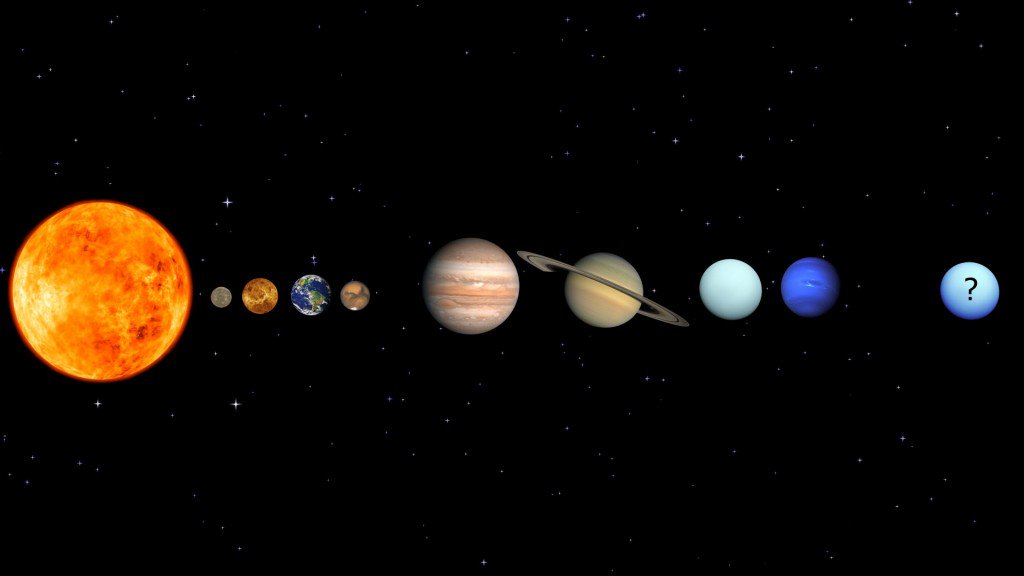 Source:
Source:
Our Solar system may be the closest part of the Universe to us, when viewed from the Earth, but even in her backyard, waiting for us many surprises. It took several thousand years before we understand how the planets revolve around the Sun, and hundreds before we discovered Uranus and Neptune. Today we have four solid inner planets, the asteroid belt and four gas giant with its satellites and rings.
But beyond Neptune there are many unknowns. There is much more than Pluto, comets and Kuiper belt.. The last few decades, searches have revealed entirely new classes of objects, including a mysterious orbits, which are difficult to explain. Some scholars argue that these objects point to the "ninth planet", a hypothetical giant planet, which is far beyond what we see. But, despite the fact that we constantly write about it, most scientists have so far failed to convince its existence. Perhaps the "ninth planet" does not exist. And here's why.
thethe Ninth planet: a myth or reality?
In the early 1990-ies the scientists have discovered the first Solar system body beyond Neptune, which was not part of the Pluto system. As our telescopes became better, in terms of magnitude (and can see fainter objects) and visual field (area of observation of the sky), we had the opportunity to observe more and more objects.
Most of them were similar to Pluto's orbit: the closest approach to the Sun puts them relatively close to Neptune. Although Neptune is 30.e. (1.e. as you know, is an astronomical unit the average distance from the earth to the Sun) of us, almost all of the objects beyond Neptune are within 50.e. from the Sun. They are all classified as part of the Kuiper belt. Beyond this belt is the "Kuiper cliff", because the number of objects is rapidly decreasing.
But we've found objects that are not part of the Kuiper belt. Sedna, discovered in 2003, was the first amazing object, which was included in this list. Scientists Mike brown, Chad Trujillo and David Rabinowitz found a large body of 1,000 km in diameter. It is now known that Sedna is a dwarf planet. But the most interesting thing in the time of her discovery was in orbit. Coming closer, Sedna is at a distance of 76.e. from the Sun, but the deletion goes up to 1000.e. from the sun.
And she needed more 10 000 years to make one revolution around the Sun and not be disturbed by Neptune. Somehow she managed to get such a strange orbit. In the article devoted to the discovery, the authors pointed to the possibility that the reason may be a not yet discovered planet.
In subsequent years, especially in the 2010s, was found a large number of these strange objects in the Solar system. Trujillo and Scott Sheppard have discovered a small but significant number of these distant TRANS-Neptunian objects (TNO), which has similar orbital properties. Although the Kuiper belt may contain thousands of objects, there are more than ten of these objects with elongated orbits that never get too close to Neptune.
That Trujillo and Sheppard suggested for the first time in 2014 that the reason for the convergence of these orbits may be a large planetary type object. Orbit extreme TNO discovered in the years 2014-2016, correlated properties. Perhaps this correlation was associated with a large, massive object which has made a mess in their movement. In 2016, Konstantin Batygin and Mike brown called the hypothetical object "ninth planet".
But this is not irrefutable statement. Despite the fact that Batygin and brown analyzed the objects about which they knew and identified that there is a very small chance — 1 in 10,000 — that they accidentally placed as we found them, there is a high risk that this incomplete set of data will lead to a false conclusion. The objects detected Trujillo has been found in several studies that cannot be considered unbiased.
the-
the
- They can only see a specific portion of the sky. the
- They were looking for objects with a certain minimum brightness.
- They searched in the plane of the Solar system or close to it.
They ignored any objects that came too close to Neptune. the
In Other words, this is the most important missed fact, studies that provided the strongest hint of the existence of the ninth planet, intentionally underestimated a large class of objects that could put the hypothesis of the ninth planet in doubt.
But other studies led to different conclusions. They used other methods, other telescopes and choosing other parts of the sky. The dataset OSSOS, for example, did not ignore objects with a perihelion that brought them close to Neptune, and explored approximately of 0.3-0.4% of the sky.
When they were looking for Sedna like objects, they found only nine of them. It may seem that it's not much, but a lot more than a meager six objects that were known in 2016 when the legend of "the ninth planet". And when these objects OSSOS was analyzed, it was found that their orbits were random. And no the planet is not needed.
And from the point of view of physics this is the explanation. There are four possibilities that could explain not only Sedna, but also a handful of additional extreme the spot that we found since then, but that never came close to the large planets of our Solar system:
the- Approach the other stars or wandering planets in our galaxy that pass by our Solar system, violated these objects and created these elongated orbits. the
- a Huge number of dwarf planets in the outer Solar system that existed in the early stages, gave rise to these extreme nice, but was since driven to a large extent. the
- Or was it the ninth planet (or two planets nine and ten) that were hiding there and pushed to the extreme TNO on their current orbit.
Galactichot flashes can disturb these orbits, slowly pulling some of them and closer to Neptune in a few hundred million years. the
As always, we need more data and better data in order to unravel this mystery of the Universe.
Michelle Bannister, one of the leaders OSSOS, believes that an end to the disputes about the existence of a ninth planet, it's possible:
"Direct search for evidence will reveal more TRANS-Neptunian objects in surveys with well-characterized disorders. Dark Energy Survey will explore the sky, which is far from the plane of the Solar system. Orbit with a large deviation from the plane will therefore be in its target range."
If beyond Neptune was indeed a real planet, you would expect to find a large number of these objects with highly inclined and very eccentric orbits.
Just a few weeks ago a new object, it seems, has strengthened the hypothesis of the "ninth planet", but, apparently, this is another case of the category of "don't rush". This object was discovered during the same surveys and methods that other objects that speak in favor of the "ninth planet", which means that they are vulnerable to the same mistakes. On the other hand, other reviews with other disabilities do not need a ninth planet.
When you have a hammer, everything will look like a nail. If you try to look for objects that speak in favor of the "ninth planet", and skip objects that don't support it, it does not mean that you will find this planet; this means that you will need better data before you can understand what's really going on. We need not only to find the ninth planet, but also to explore the Solar system beyond the Kuiper belt as a whole.
New research, improved surveys of the sky and better quality data in the amount promise to make the next decade of astronomy is very interesting. We may not only unravel the mystery of what is beyond Neptune, but also understand how it is formed and evolyutsioniruet Solar system as a whole.
Or the ninth planet still exist? Tell us in our
Recommended
What will be the shelter for the first Martian colonists?
Mars is not the friendliest planet for humans While the Red Planet is roaming rovers, researchers are pondering the construction of shelters and materials needed by future Martian colonists. The authors of the new paper suggest that we could use one ...
New proof of string theory discovered
Just a few years ago, it seemed that string theory was the new theory of everything. But today the string universe raises more questions than answers String theory is designed to combine all our knowledge of the Universe and explain it. When she appe...
What is the four-dimensional space?
Modeling camera motion in four-dimensional space. View the world in different dimensions changes the way we perceive everything around, including time and space. Think about the difference between two dimensions and three dimensions is easy, but what...
Related News
Can a trip back in time to destroy the Universe?
we All wanted to go back in time. Everyone had something that could be done correctly, a mistake that could have been prevented, lives that could be saved, or a nightmare that I would like to unsee. It would seem that you come bac...
"Star of the Big Bang": a mysterious object that may be in our galaxy
"If we correctly understand, there may be stars with low mass, having a composition exclusive of the Big Bang," says astrophysicist Kevin Schlaufman from Johns Hopkins University. "Although we did not find such an object in our ga...
Why not build a space telescope directly at the moon?
If you want to get the most pristine, cleanest images of our Universe, it is best to leave the Earth. Here, on our planet, you can find a whole bunch of various effects, which prevent our visualization. Light pollution limit the r...
Antigravity possible? Science promises to figure it out very soon
One of the most amazing facts in science is how the universal laws of nature. Each particle is subject to the same rules and experiences the same force exists in the same fundamental constants, regardless of where and when. From t...
"Bacteria schrödinger": a miracle of quantum biology?
the Quantum world is very strange. In theory and in practice, to a certain extent, the principles of the quantum world require that the particle could be in two places at once — this is a paradoxical phenomenon known as a superpos...
Scientists will change kilogram weight to avoid accidents
In today's world, when every day scientists are developing new technologies in the fields of medicine, aerospace and military Affairs, even the slightest deviation from the standards of the international system of units SI can be ...
As your digital incarnation will live after your death? Will you?
Digital life after death may soon become a reality. But if you need it? Accumulation of data that we create, may soon make possible digital avatars that will live on after us, after our death, consoling loved ones, or sharing the ...
Danish physicists have questioned the detection of gravitational waves
the First direct detection of gravitational waves was revealed to the world on 11 February 2016 and has generated headlines around the world. For the opening in 2017 of physics received the Nobel prize and launched a new era of gr...
The resurrection of extinct species will start from the passenger pigeon
When in 1914 at the Cincinnati zoo died the passenger pigeon Martha, began the end of a great era. Once the dominant species in Eastern North America, the passenger pigeon was a forest inhabited by huge flocks, up to several billi...
In simple words: what is superstring theory?
Today, the scientific picture of the world develops in such a way that our Universe operates two sets of laws — the General theory of relativity, which explains the beautiful work of gravity, and quantum mechanics, which describes...
Like looking for aliens? What puzzles and problems facing SETI
If the aliens are trying to talk to us (or if not trying), Jill Tarter will find them first. She established the Institute of search for extraterrestrial intelligence (SETI) in 1984 and headed its research center for many years. I...
Honda and MIT work together to create AI that is fully self-study
In the field of artificial intelligence and so-called deep machine learning there is already a lot of groundwork. However, all the currently available self-learning neural networks have one important point: they are not completely...
Astronomers have confirmed a collision between two galaxies satellites of the milky Way
If you look at the sky at night, being in the southern hemisphere, you will see two luminous clouds, standing aloof from the milky Way. These clouds of stars are galaxies satellites of the milky Way: Small and Large Magellanic Clo...
Death: how will the universe die?
Once you die. After seconds or a thousand years, whatever. Your body and all of its components will cease to function and will be reunited with the Earth as an ordinary, lifeless material. The earth too will die, covered by an exp...
gravity is an incredibly weak force. Just think about it: you can tear your foot off the ground, despite the mass of the Earth that attracts her. Why is she so weak? Unknown. And may need a very large scientific experiment to find...
Condensate Bose-Einstein first made in space
an international group of scientists successfully produced the condensate of Bose-Einstein space. In his work, published in the journal Nature, the group describes the creation of a small experimental device, which was taken on a ...
New memristor-sized atom will improve the performance of neural networks
Computer neural network on the basis of which is built the artificial intelligence, is designed at its core as well as their anatomical ancestors. In order for the AI learned something new, we need to strengthen old and create new...
DARPA wants to teach artificial intelligence "common sense"
Funny thing, artificial intelligence. He can identify objects within seconds or fractions of a second, to imitate the human voice and to recommend music, but most of machine "intelligence" lack the basic understanding of everyday ...
What secrets are hiding Bitcoin frozen brain Hal Finney?
For many years one of the developers of Bitcoin Hal Finney believed her Creator, who was hiding under the name Satoshi Nakamoto. Some even suspected that Finney could be the owner of the 700,000 bitcoin that was kamineni in the fi...
The demi-Monde-polymaterial: new particles can lead to a revolution in computing
Scientists have discovered a new particle that may be the basis of future technological revolution based on photonic circuits, and lead to the development of ultra-fast computational methods on the basis of light. Currently the ca...


















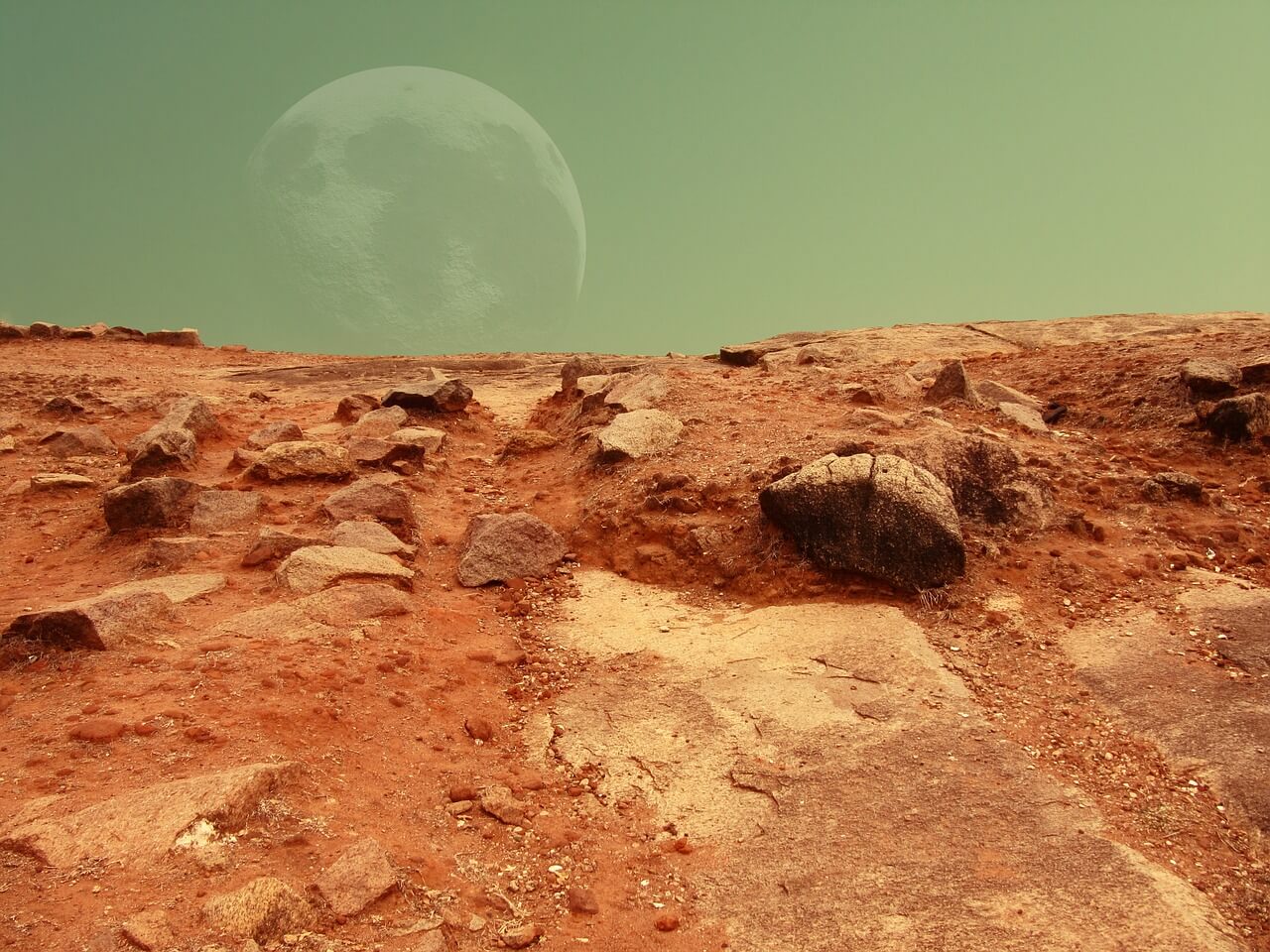
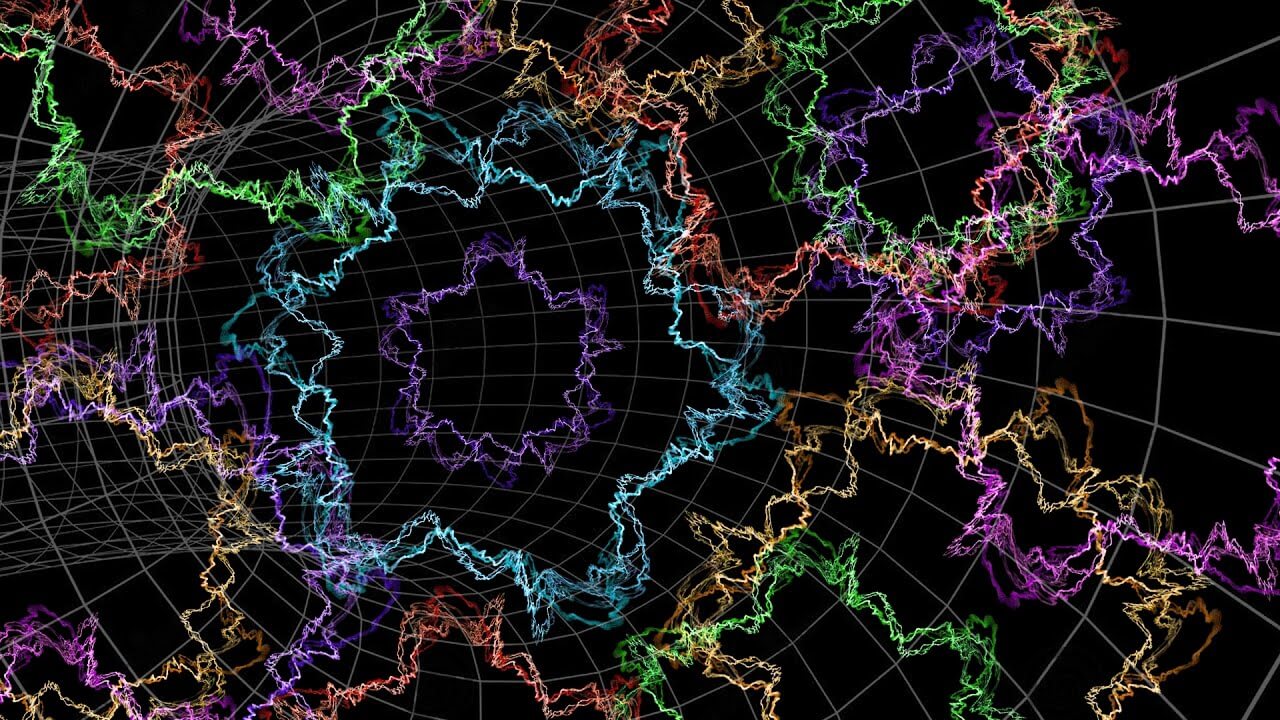
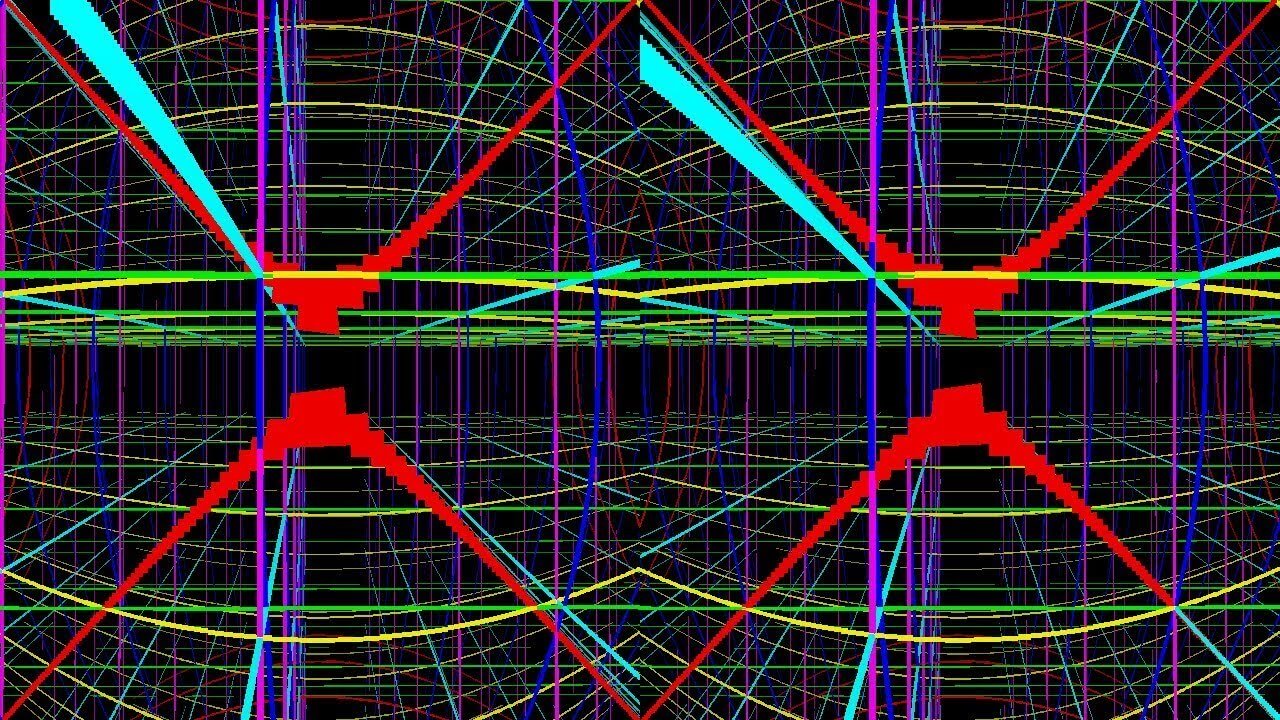
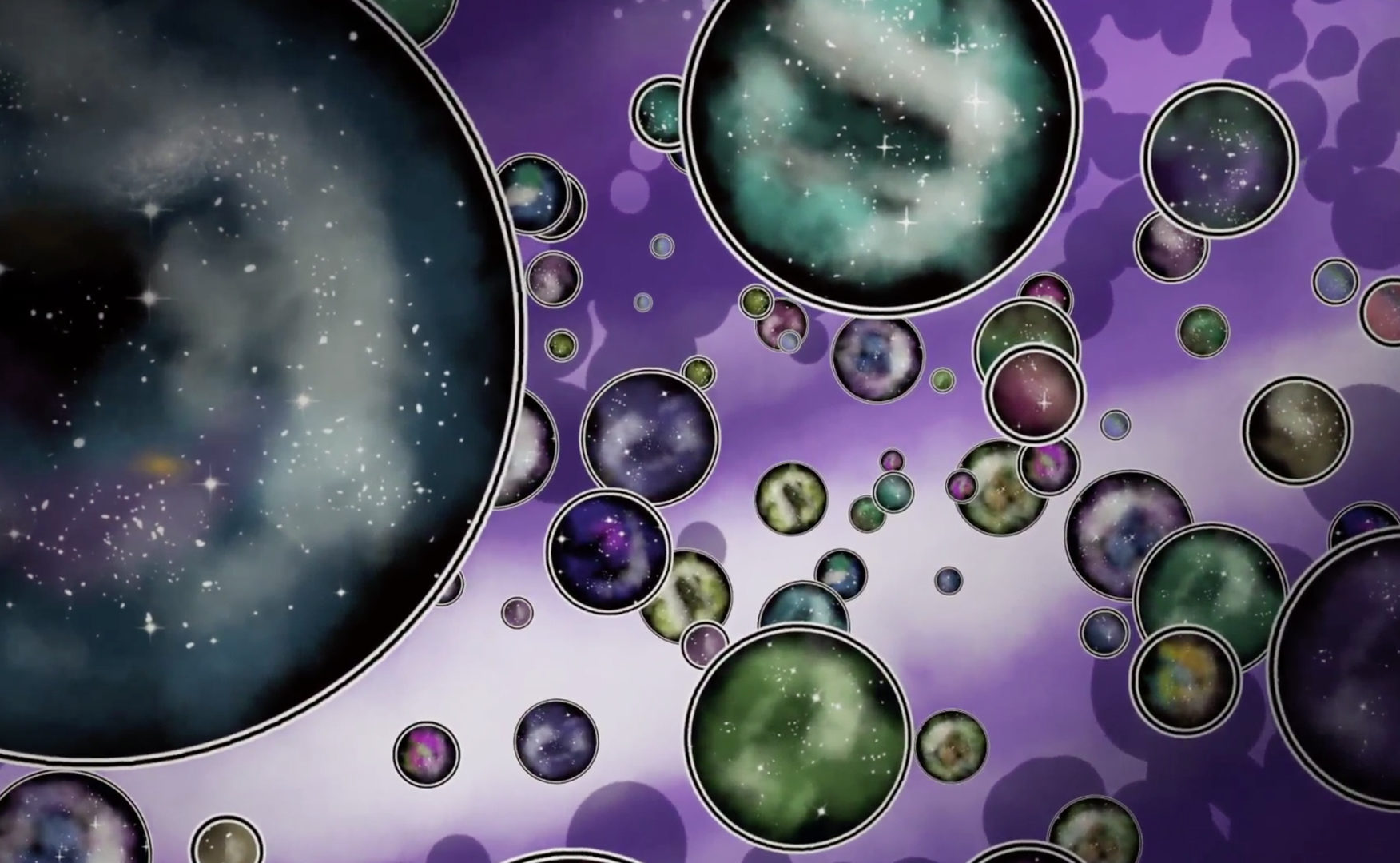
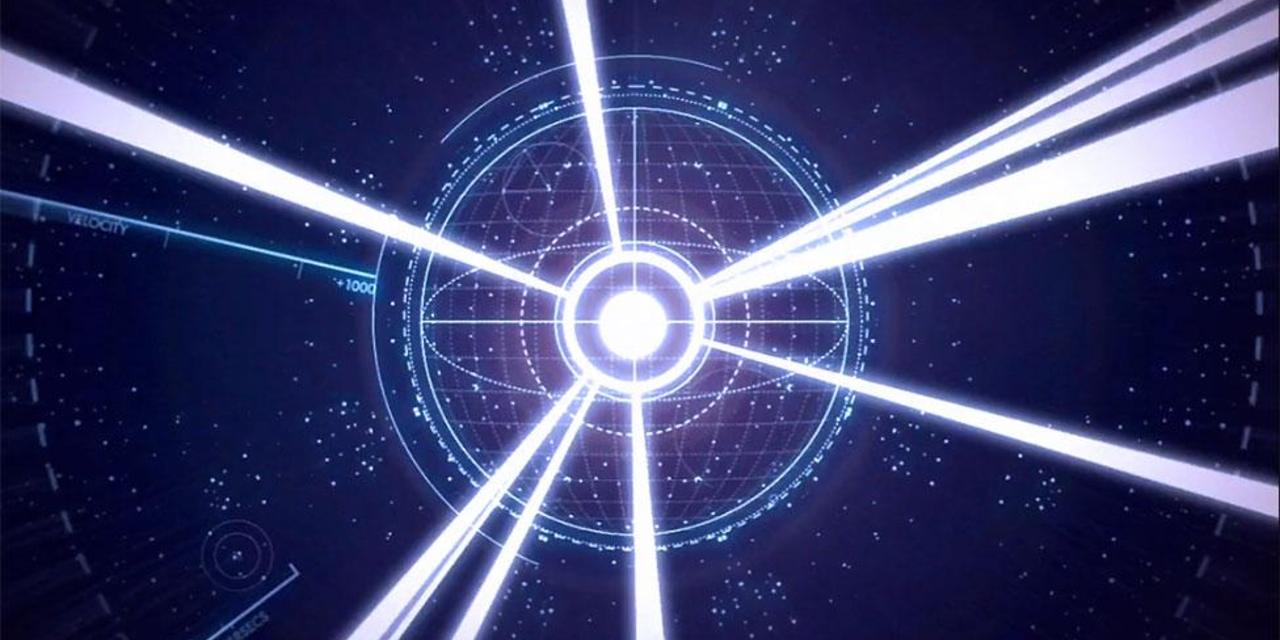
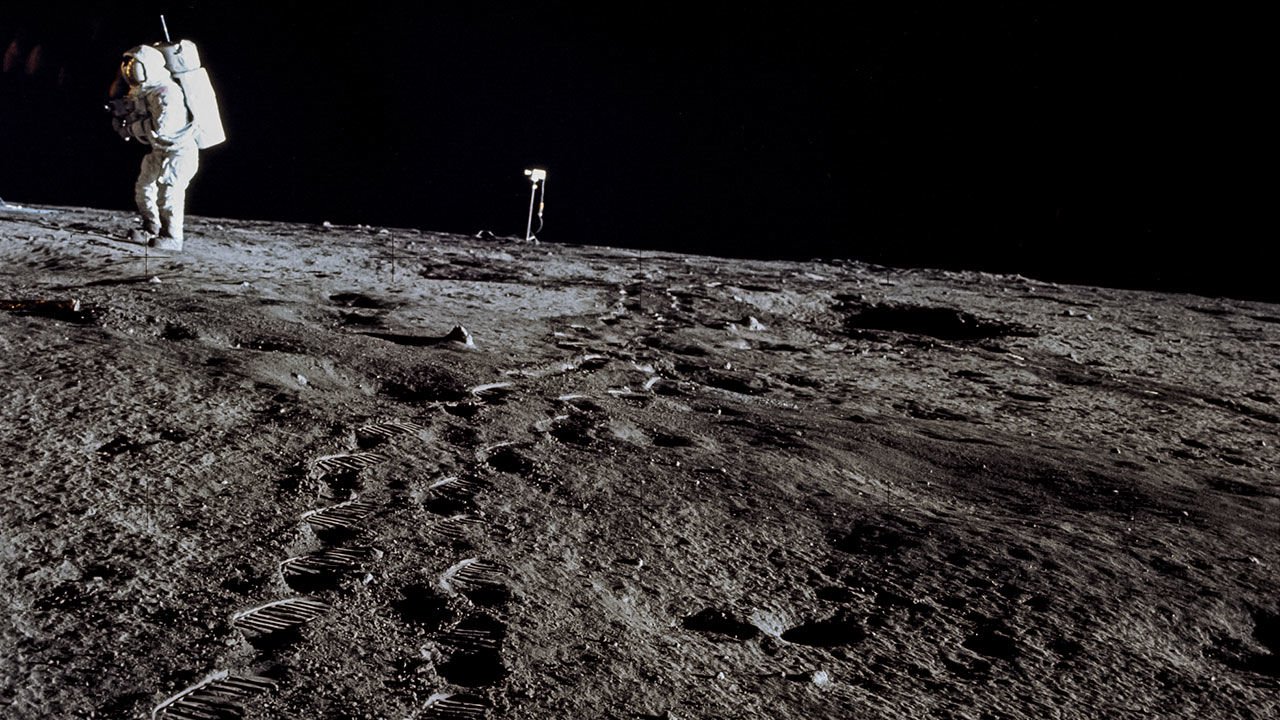
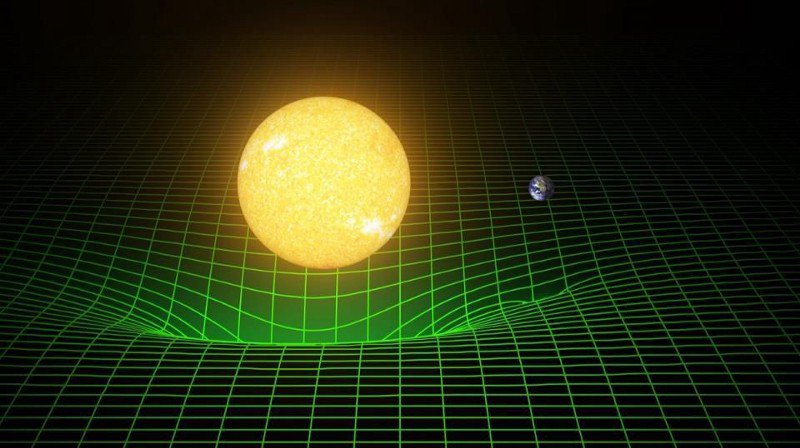

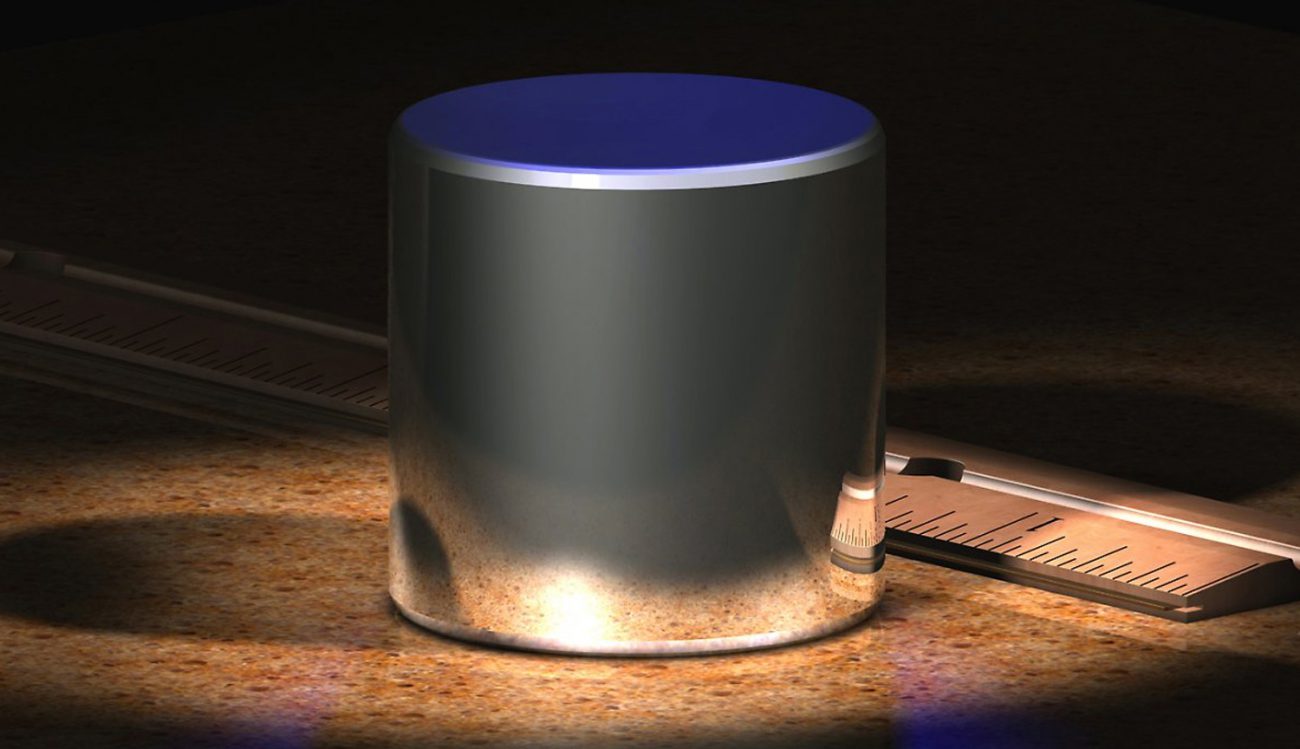

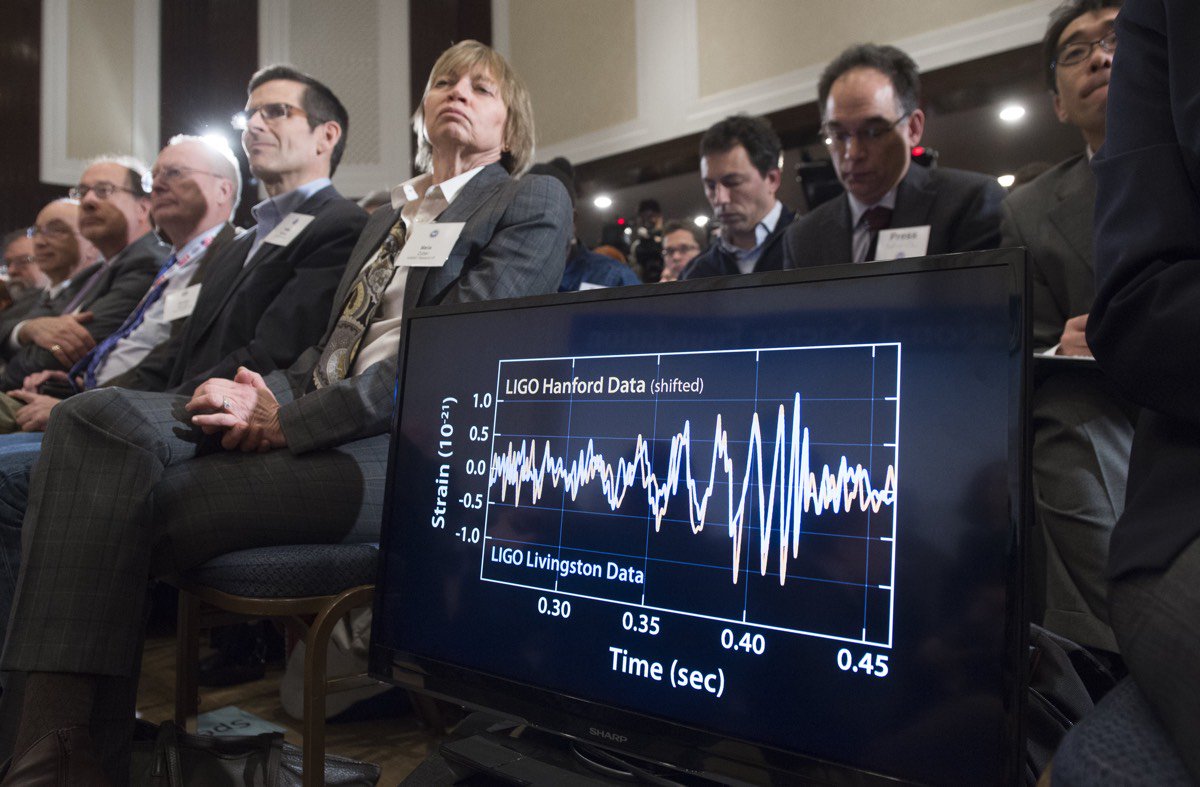
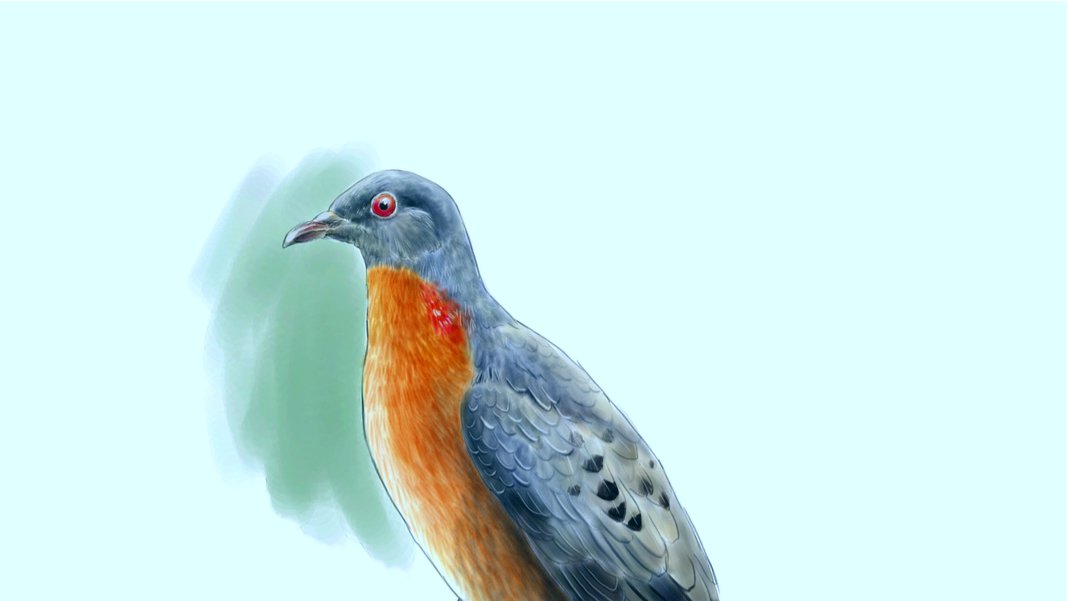

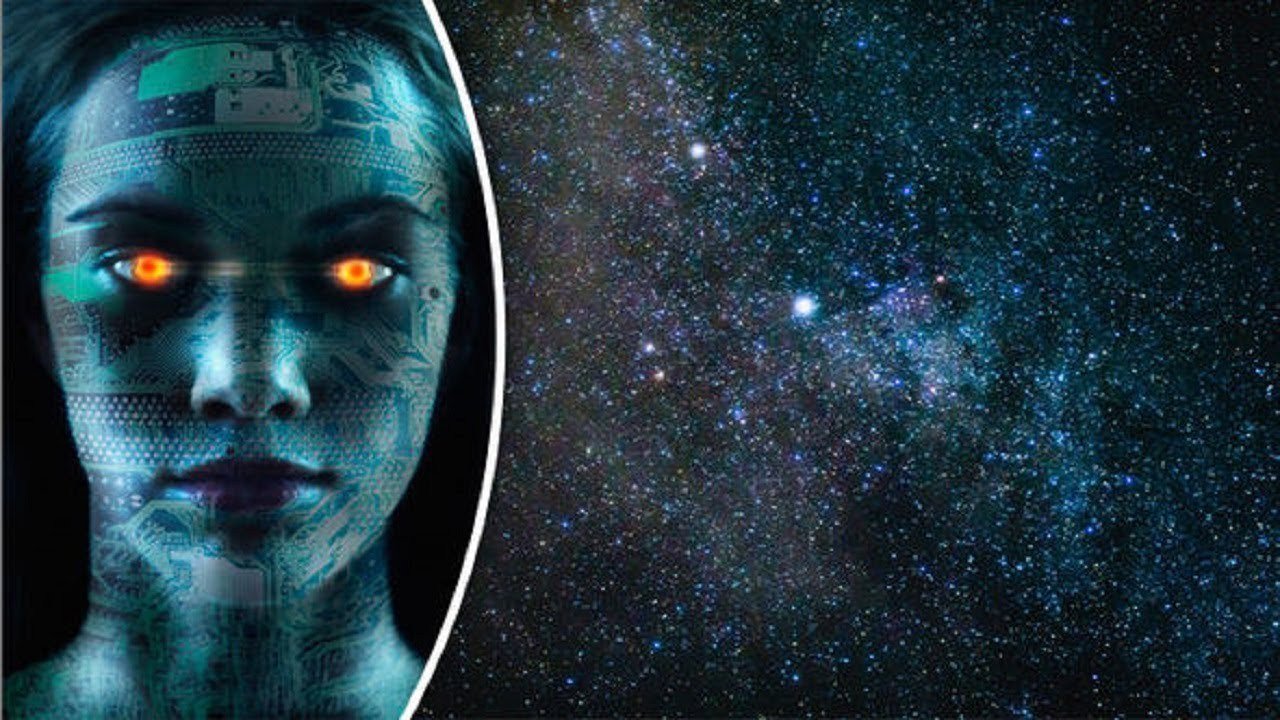
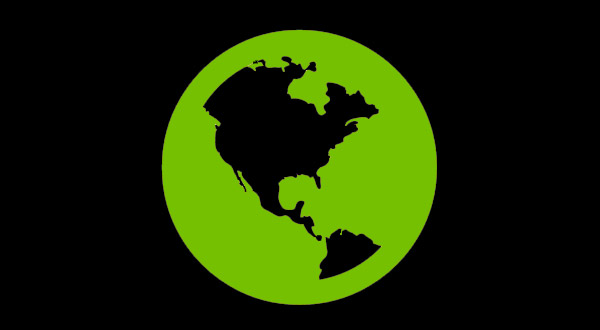
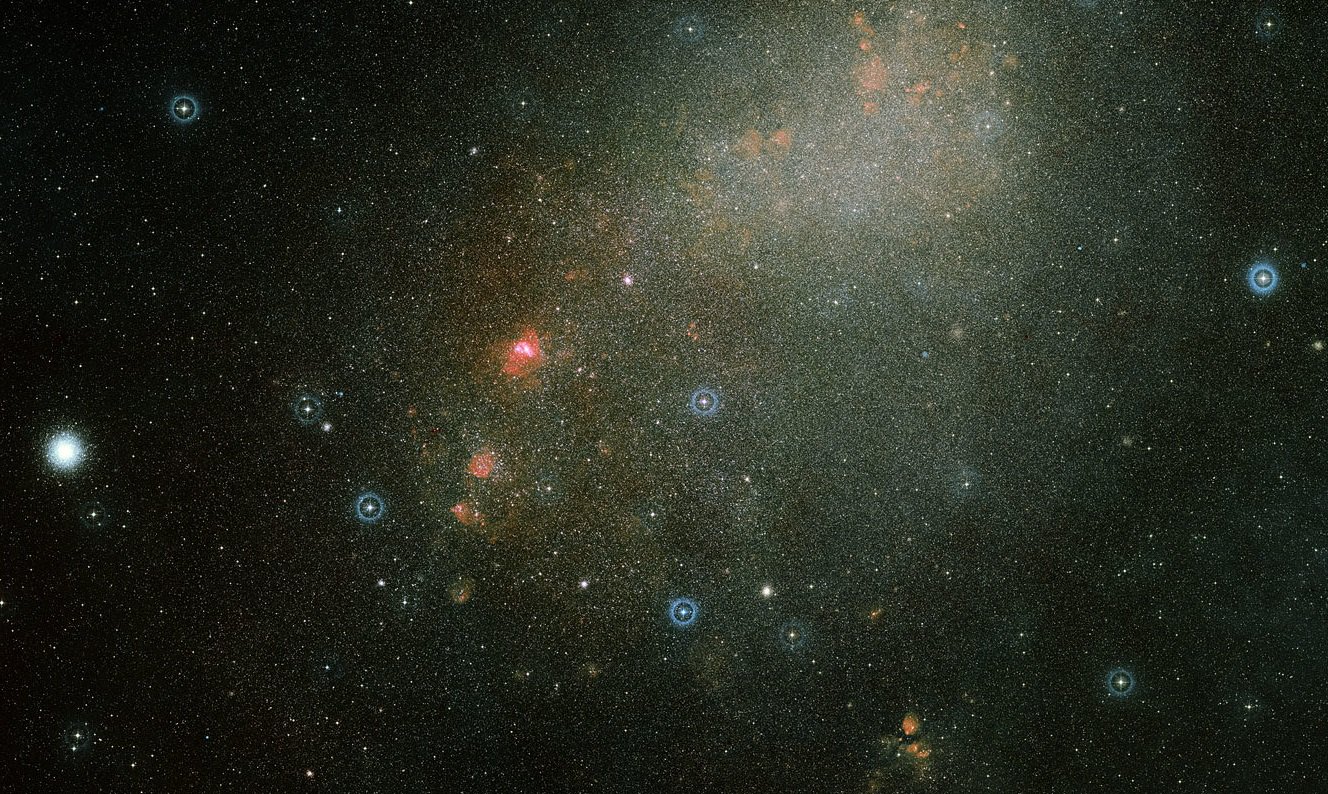
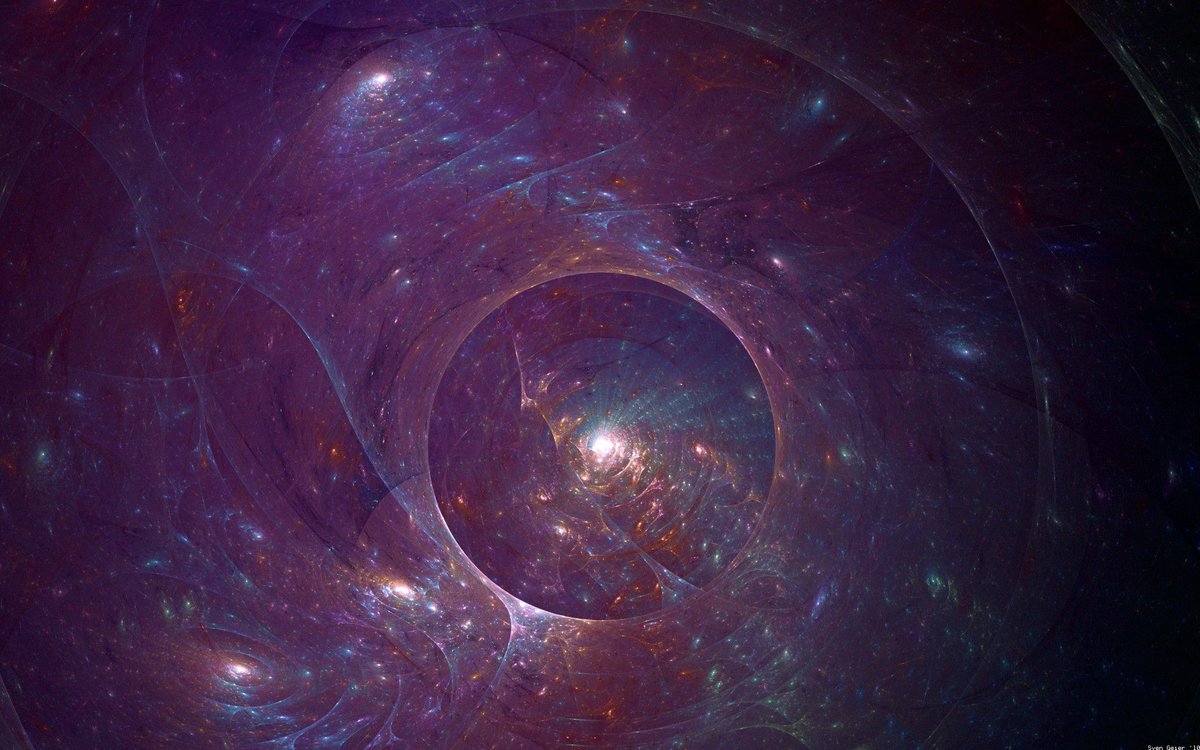
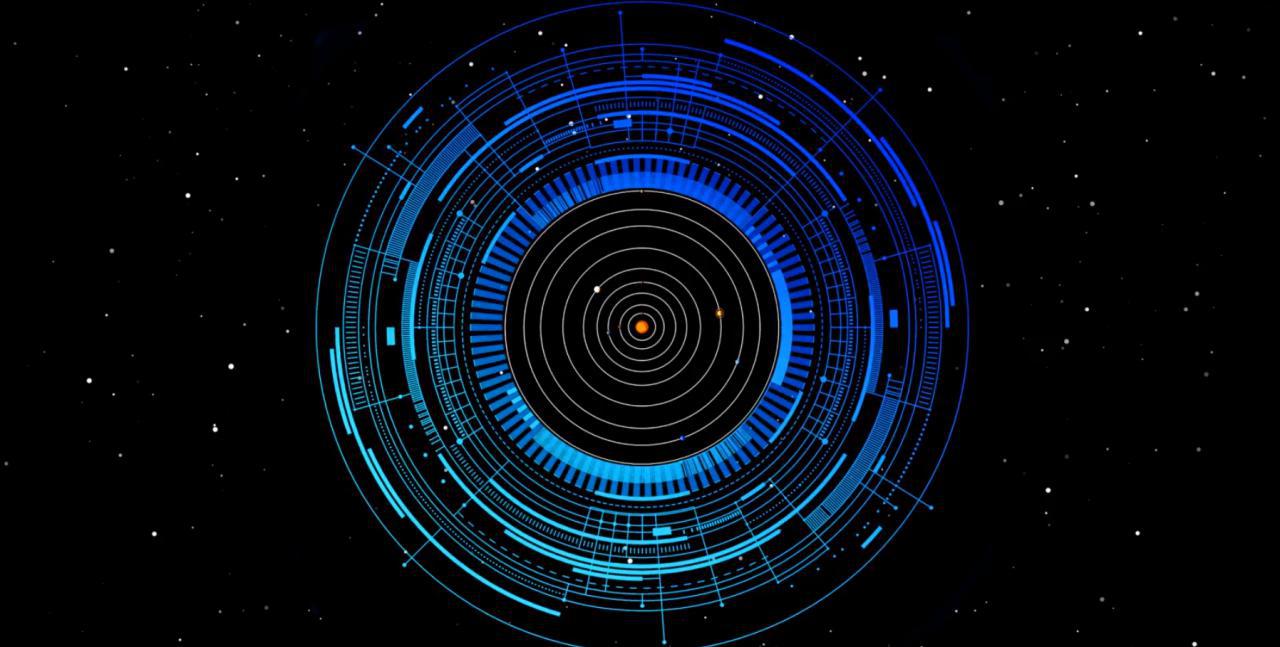





Comments (0)
This article has no comment, be the first!